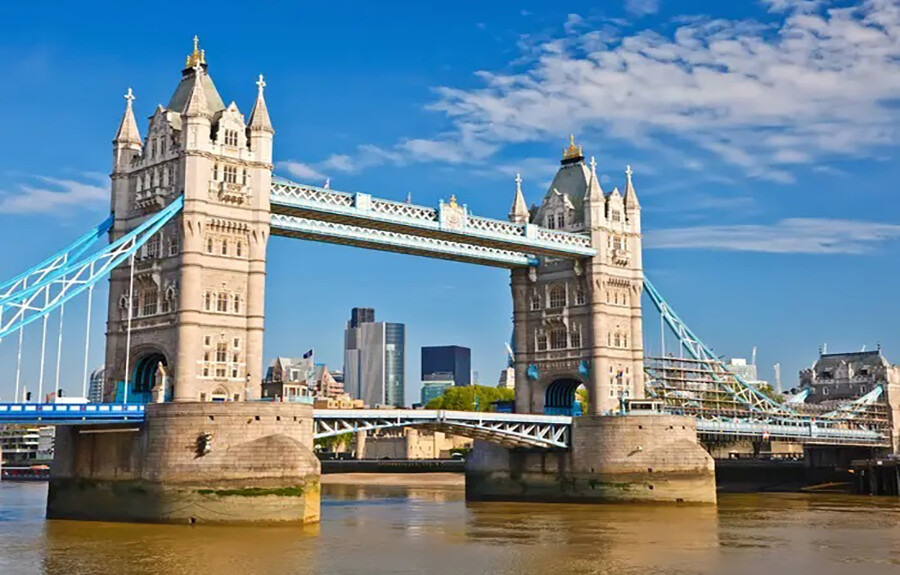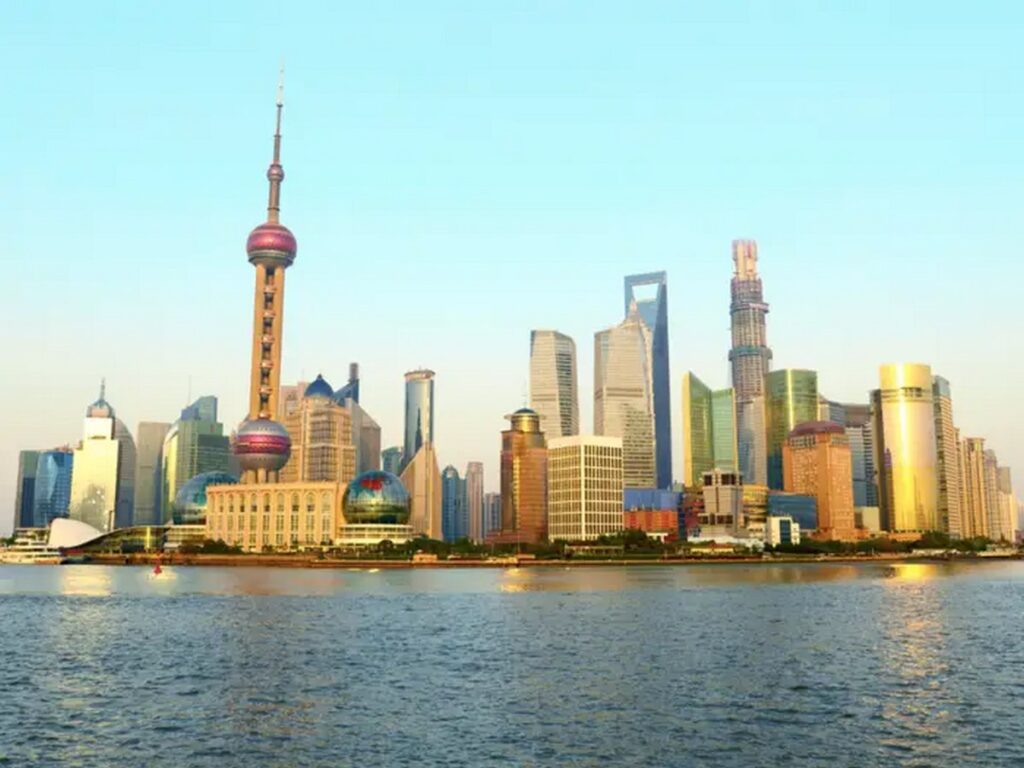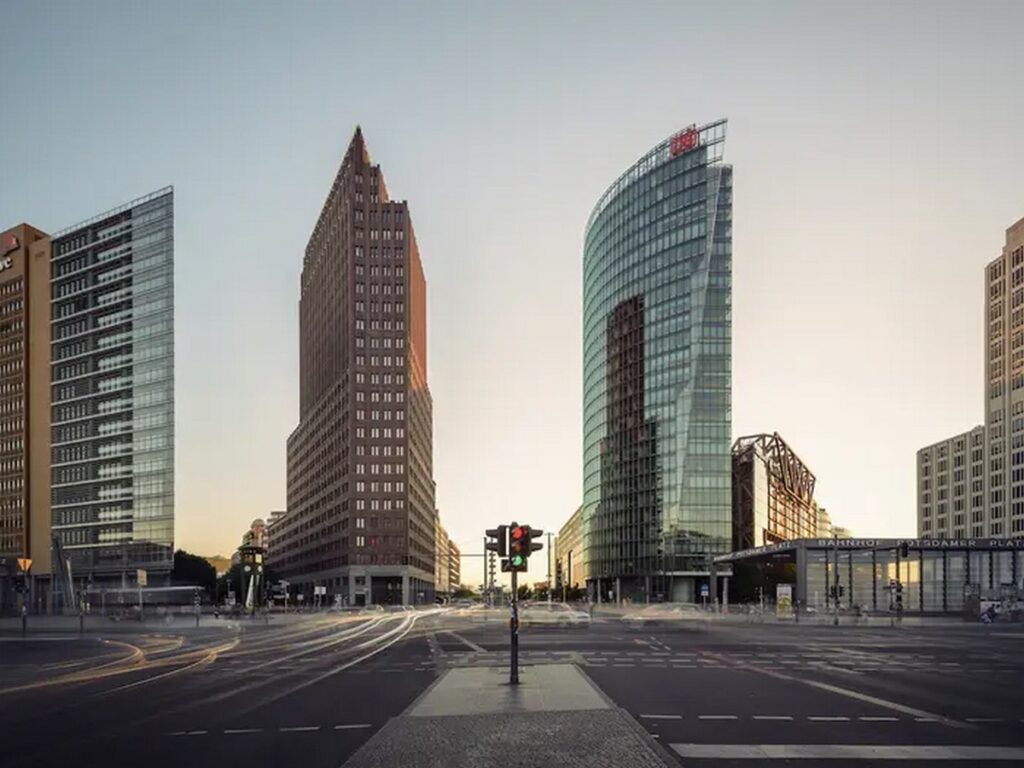
As urbanization continues to accelerate, cities worldwide face the challenge of optimizing their transport systems to accommodate growing populations efficiently. With over half of the global population residing in urban areas, and projections indicating a further increase to 68% by 2050, the demand for effective urban mobility solutions has never been more pressing.
The Ranking Methodology
A collaboration between consulting firm Oliver Wyman and the University of California, Berkeley, sought to evaluate and rank cities based on the quality of their public transport systems. Factors considered included infrastructure quality, user experience, and safety regulations. Additional data, such as average commuting time and distance, was sourced from Moovitapp to provide comprehensive insights into each city’s transport landscape.

The Top 15 Cities
Singapore – With a score of 70.8, Singapore leads the pack with efficient public transport, boasting an average commuter journey distance of 7.3 kilometers and 84 minutes spent daily on transit.
Amsterdam – Known for its cycling culture, Amsterdam scores 65.4, offering convenient bike rentals and a commuter-friendly environment.
London – London’s extensive public transport network earns it a score of 62.7, with commuters spending an average of 84 minutes per day on transit.
Shanghai – With 12 subway lines and over 50,000 taxis, Shanghai scores 62.4, providing robust transport options for its residents.
New York – The Big Apple boasts a score of 61.9, with an average commuter journey distance of 9.5 kilometers and 87 minutes spent on public transport daily.
Tokyo – Tokyo’s dense network of train, subway, and bus routes, operated by various companies, earns it a score of 61.6 for its efficient urban mobility solutions.
Helsinki – Finland’s capital scores 61.1, offering seamless rail connections and convenient access to neighboring countries like Russia.
Beijing – Serving as China’s largest rail hub, Beijing scores 59.7, facilitating extensive domestic and international travel.
Seoul – With efficient rail and bus services, Seoul scores 58.9, providing convenient commuting options for its residents.
Berlin – Berlin’s public transport system earns a score of 58.3, with commuters spending an average of 62 minutes per day on transit.
Hong Kong – Boasting an average commuter journey distance of 11.2 kilometers, Hong Kong scores 58.2, offering efficient transport options for its dense population.
San Francisco – With an average commute distance of 9.09 kilometers, San Francisco scores 58, providing reliable public transport services for its residents.
Barcelona – Barcelona scores 56.7, offering a commuter-friendly environment with an average journey distance of 7.2 kilometers.
Los Angeles – Despite its reputation for traffic congestion, Los Angeles scores 56.5, providing viable public transport options for its residents.
Paris – Rounding up the list, Paris scores 53.7, with commuters spending an average of 64 minutes per day on public transport.

Conclusion
As cities grapple with the complexities of urbanization, prioritizing efficient and sustainable transport solutions is paramount. The top-ranking cities exemplify the success of robust public transport networks in addressing the evolving mobility needs of urban populations. By leveraging innovative technologies and embracing multimodal transit options, cities can aspire to enhance the quality of life for their residents while mitigating the challenges posed by rapid urban growth.


























